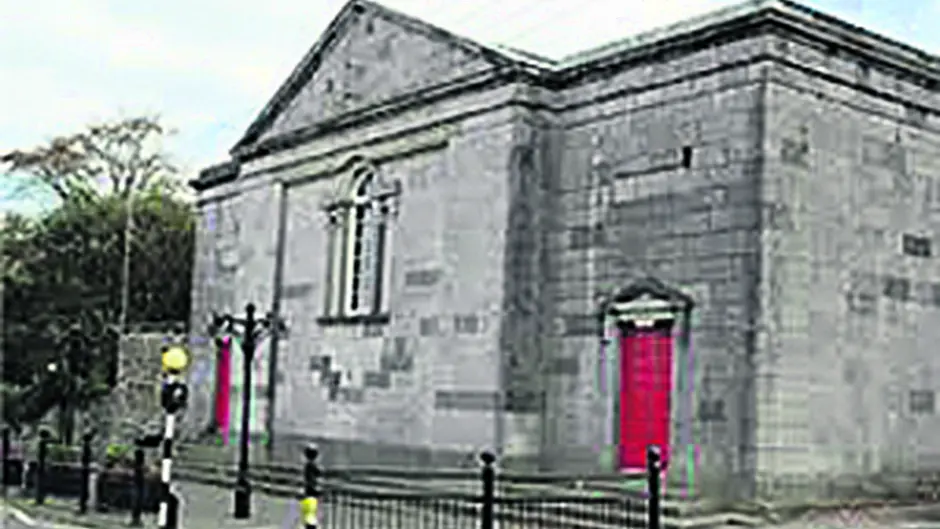The fate of Skibbereen’s courthouse continues to hang in the balance, after the High Court in Cork reserved its judgment on the issue until after Easter.
By BRIAN MOORE
THE fate of Skibbereen’s courthouse continues to hang in the balance, after the High Court in Cork reserved its judgment on the issue until after Easter.
A plan by the Courts Service to close Skibbereen and move the Court’s business to the recently refurbished Clonakilty courthouse has been contested by the West Cork Bar Association.
Counsel for the West Cork Bar Association, barrister Maurice Collins told Justice Seamus Noonan that as Skibbereen was – and continues to be – a functioning courthouse, the case to keep the court open was not just one of convenience for the people of the area. ‘The consultation process undertaken was a flawed process,’ Mr Collins claimed, adding that the Courts Service never consulted on a scenario where Skibbereen was to close and move to Clonakilty.
Mr Collins also maintained that the Courts Service has no statutory power to close a courthouse and that no regard has been given to the fact that Skibbereen is also a Circuit Court venue.
‘It is not just the West Cork Bar Association that has spoken against the closure of Skibbereen courthouse, West Cork District Court Judge James McNulty and Circuit Court Judge Séan Ó Donnabháin have also lodged their objections,’ he said, ‘as have a number of local representatives.’
There are constitutional values at stake, he continued. ‘This case involves the fundamental aspect of the Constitutional justice system, providing not just a system of courts, but also local to the people that they serve, local to the users of the courts,’ Mr Collins continued.
Clonakilty’s courthouse had a €250,000 makeover in 2015, the court heard.
‘It costs, according to the Courts Service’s own figures, €8,000 a year to keep Skibbereen’s courthouse opened. What, apart from this sum, is the exchequer going to save?’ asked Mr Collins.
But the Courts Service of Ireland barrister, Mark Sanfey, told Justice Noonan that courthouses were ‘not like hospitals’, and were not used by the general public on a regular basis.
‘We must remember that each citizen might only appear once, if ever, in a lifetime. The Courts Service is subject to government policy and budgetary constraints, and this has underpinned their actions,’ Mr Sanfey said.
Mr Sanfey said that much had been made of the financial figures provided by the Courts Service, but as there was an ongoing review into the viability and efficiency of courthouses, these figures were not considered the most important factor.
To this, Justice Noonan asked: ‘If it is not important, why is there such an emphasis on it in your own reports?’ Mr Sanfey replied: ‘I am not saying it is not important.’
Justice Seamus Noonan reserved judgment until after the Easter break.







